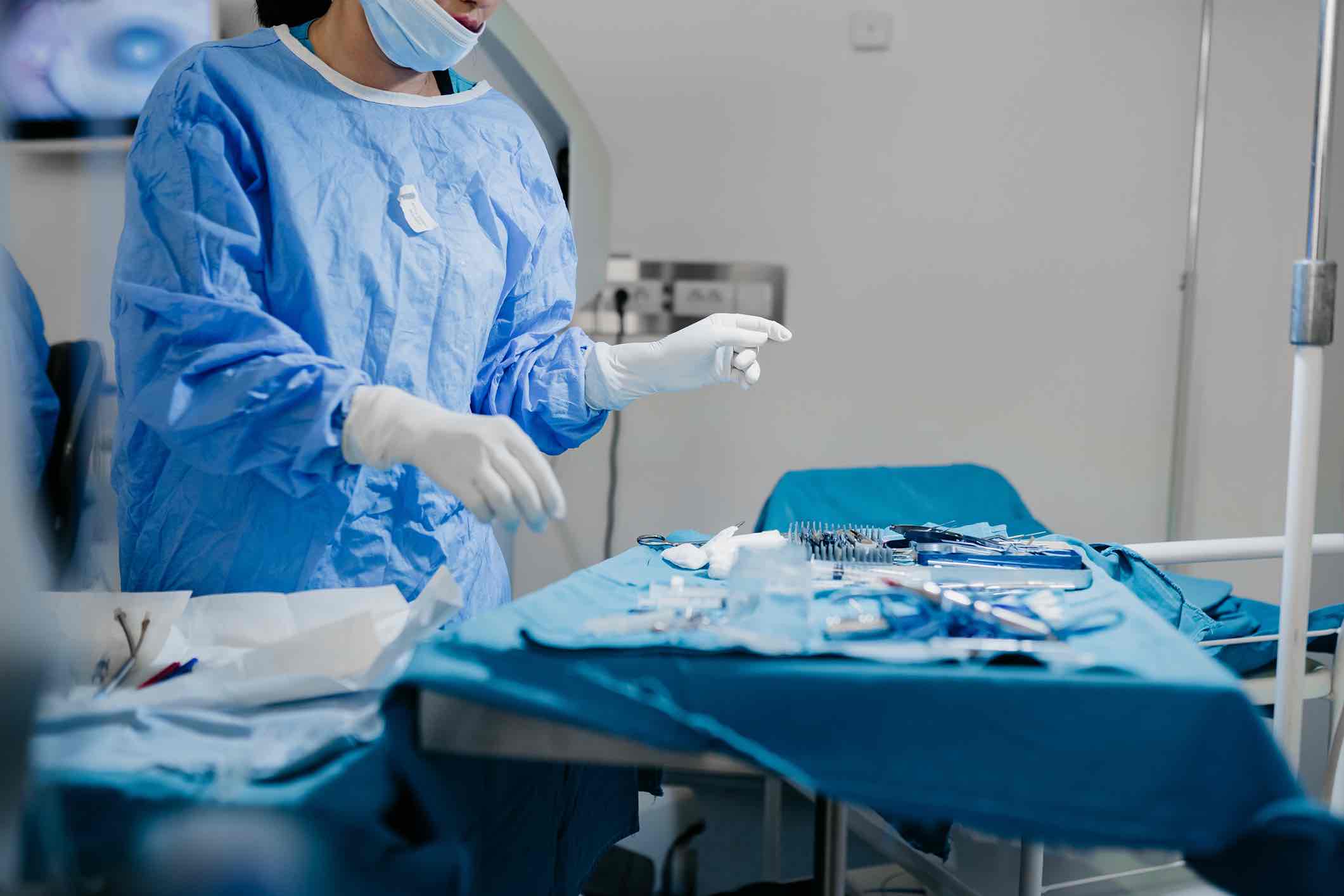If you have experienced severe eye damage to the cornea, cornea transplant surgery may offer you a chance to see clearly again. Cornea transplant surgery is an option for people who have significant pain and vision impairment due to a badly damaged or diseased cornea. Cornea transplant surgery is the most common type of transplant surgery in the United States, with nearly 50,000 people every year receiving new corneas nationwide.
The WMCHealth cornea transplant patients benefit from our surgical team’s medical expertise and access to leading-edge surgical technology. Our program’s outstanding reputation and specialized expertise draw patients from all over New York.
Why Choose WMCHealth?
WMCHealth actively participates in many national and international research programs, providing our patients access to the latest medical therapies for conditions that can lead to cornea failure. All our cornea transplant medical professionals are experts in revolutionary treatments.
Our team includes world-renowned ophthalmic surgeons specializing in cornea transplantation and restoration. They have performed over 400 corneal transplants in children and over 3,000 in adults, a number exceeded by few healthcare providers in the country.

When is Cornea Transplant Surgery Needed?
You may need eye cornea transplant surgery if your cornea is damaged from an illness or injury. A damaged cornea causes pain and difficulty seeing clearly. If your cornea is not healing on its own, your doctor may recommend transplant surgery. This highly advanced surgery uses donor corneas to restore vision and reduce discomfort.
Evaluation for Cornea Transplant Surgery
The first step in preparing for cornea transplant surgery is determining whether you are a candidate. Organ transplant is a complex and challenging process, with many variables to consider. Your cornea transplant care team will guide you through this multi-step process with compassion and educational information. Before cornea transplant surgery, you can expect:
- Thorough eye exam: Our care team will assess any other issues that may cause potential complications during surgery.
- Measurements of your eye: A donor cornea of matching size must be located in order for you to receive a cornea transplant.
- Review all your current medications: You may need to stop taking certain medications before or after your cornea transplant.
- Treatment for other eye problems: Problems such as infection or swelling of the eye must be treated to improve your chances of successful cornea transplant surgery.
Donor Cornea Availability
If you are a candidate for cornea transplant surgery but living cornea donation is not an option, the process of finding a donor cornea will begin. Donor corneas are widely available compared to other organs such as heart, liver, and kidney donation. Patients who need cornea replacement surgery do not generally spend a long time on a waiting list.
Also, unlike patients needing vital organs, candidates for cornea transplant surgery don’t require tissue matching with their donors.
At WMCHealth, your transplant care team is always available to help you find the right donor cornea.
